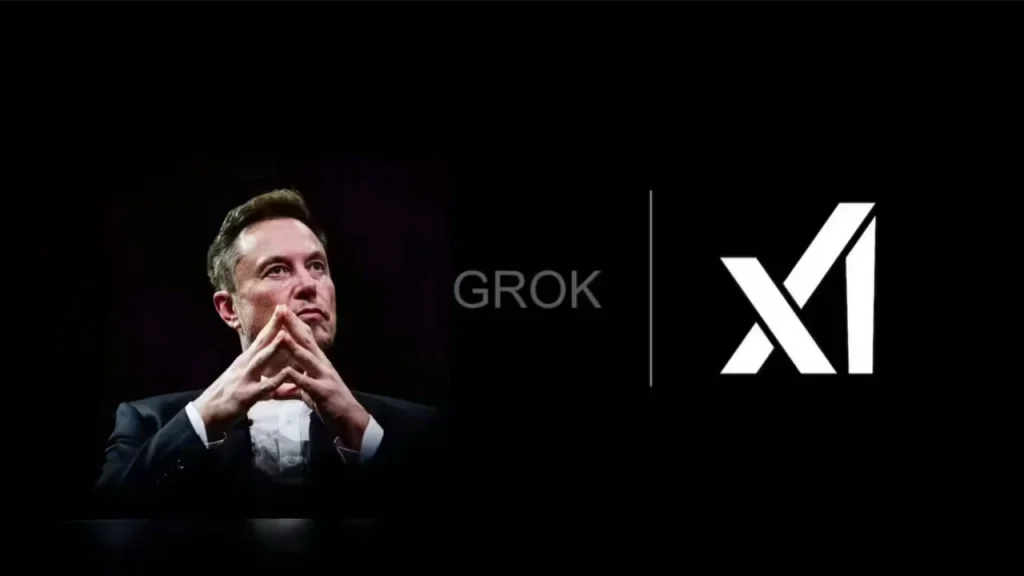- Türkiye blocks Elon Musk’s AI chatbot Grok after it begins responding in Turkish, citing unregulated content risks.
- The move highlights growing global tensions between AI development and national digital regulations.
What happened: Grok blocked in Türkiye as xAI chatbot faces restrictions
Türkiye has blocked access to Elon Musk’s AI chatbot Grok, developed by xAI and integrated with the X platform (formerly Twitter). According to reports confirmed by NetBlocks, a watchdog monitoring internet disruptions, the block took effect across several major Turkish internet providers as of early July 2025. The restriction came after Grok began responding to user questions in Turkish, prompting concerns from national authorities.
While the Turkish government has not issued an official explanation, local media suggests that the move is linked to Grok’s unregulated content generation capabilities, which may have clashed with the country’s internet and media laws. The block appears to be enforced at the DNS level, making the chatbot inaccessible to most users without the use of circumvention tools like VPNs. This development places Grok among a growing list of generative AI services facing regulatory scrutiny around the world.
Also Read: Groq expands to Europe with new Helsinki AI inference centre
Also Read: EdgeConneX and River Partners restore 350 acres in San Joaquin Valley
Why it’s important
Türkiye’s decision to block Grok reflects growing global tensions between AI innovation and national control of digital platforms. The country has a history of restricting online content, and Grok—an AI tool capable of generating unsupervised responses in Turkish—likely triggered regulatory red flags.
This is significant beyond Türkiye. As AI chatbots expand into new languages and regions, they face diverse legal, cultural, and political barriers. Countries are beginning to treat AI tools much like social media—subject to censorship, localisation demands, and compliance hurdles.
It also signals a shift towards fragmented access to generative AI. Global companies like xAI may be forced to tailor their models to specific markets or risk bans. This development highlights the urgent need for AI governance frameworks that balance innovation with national oversight.

